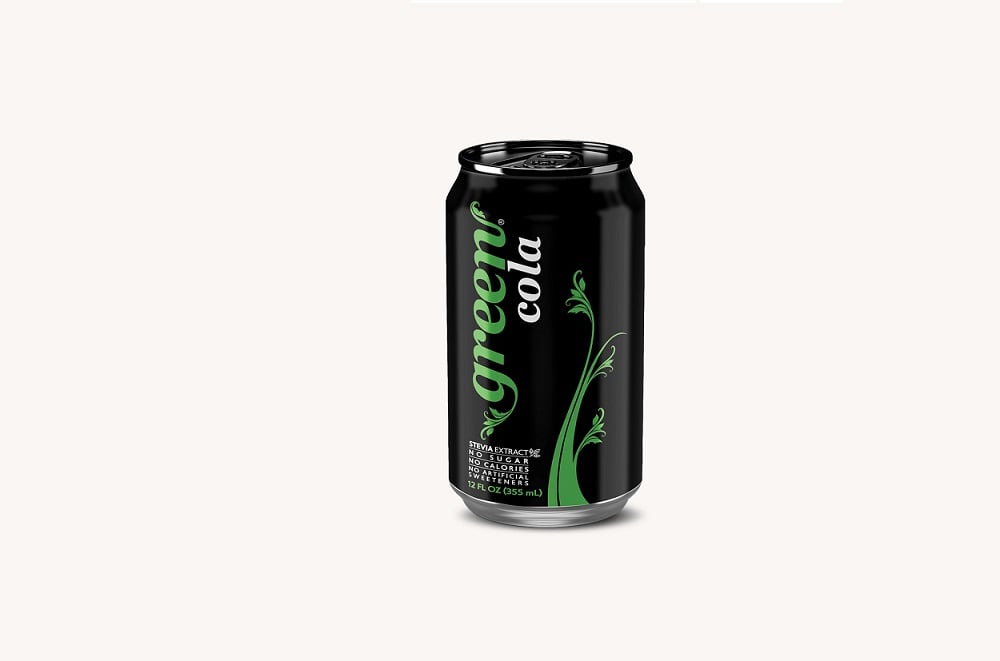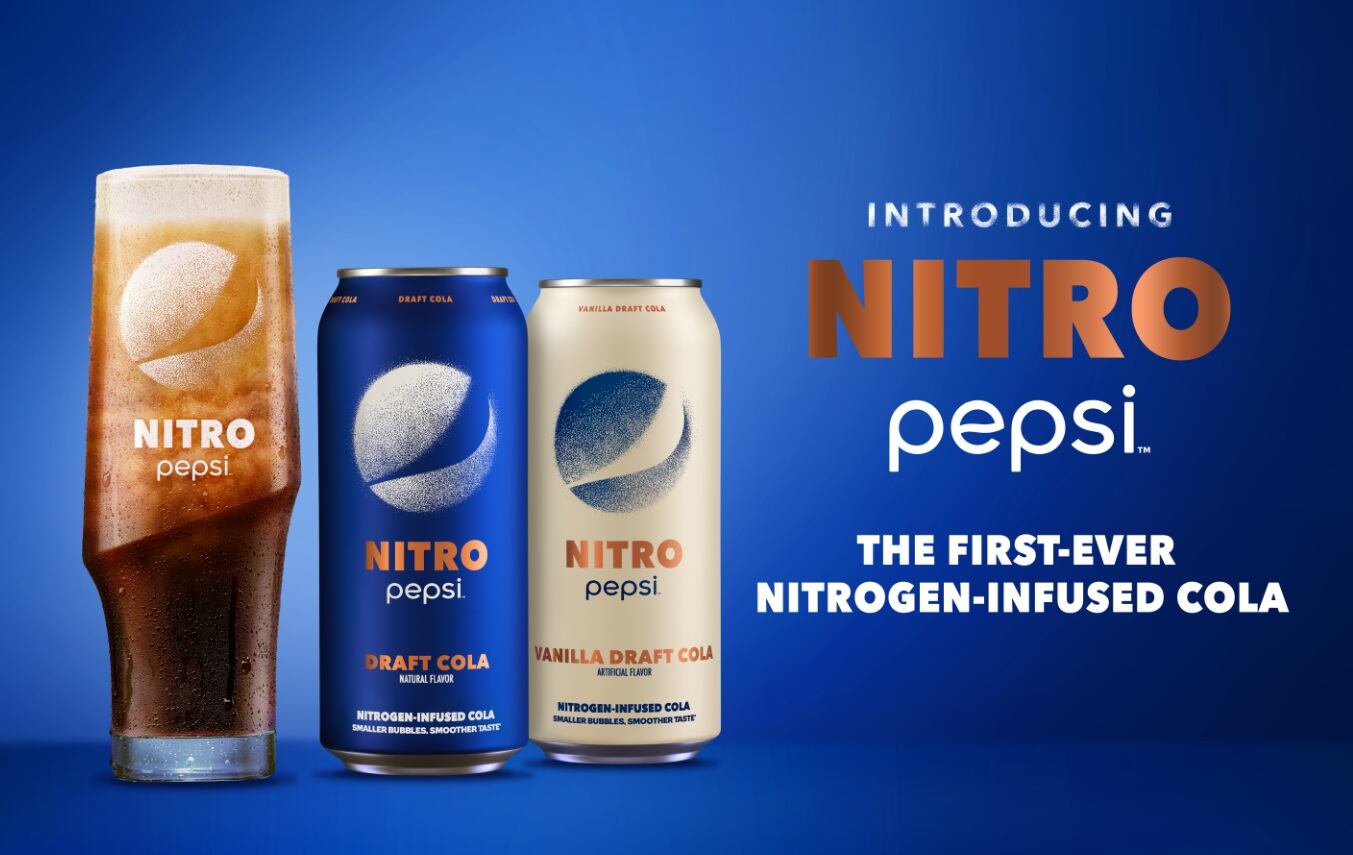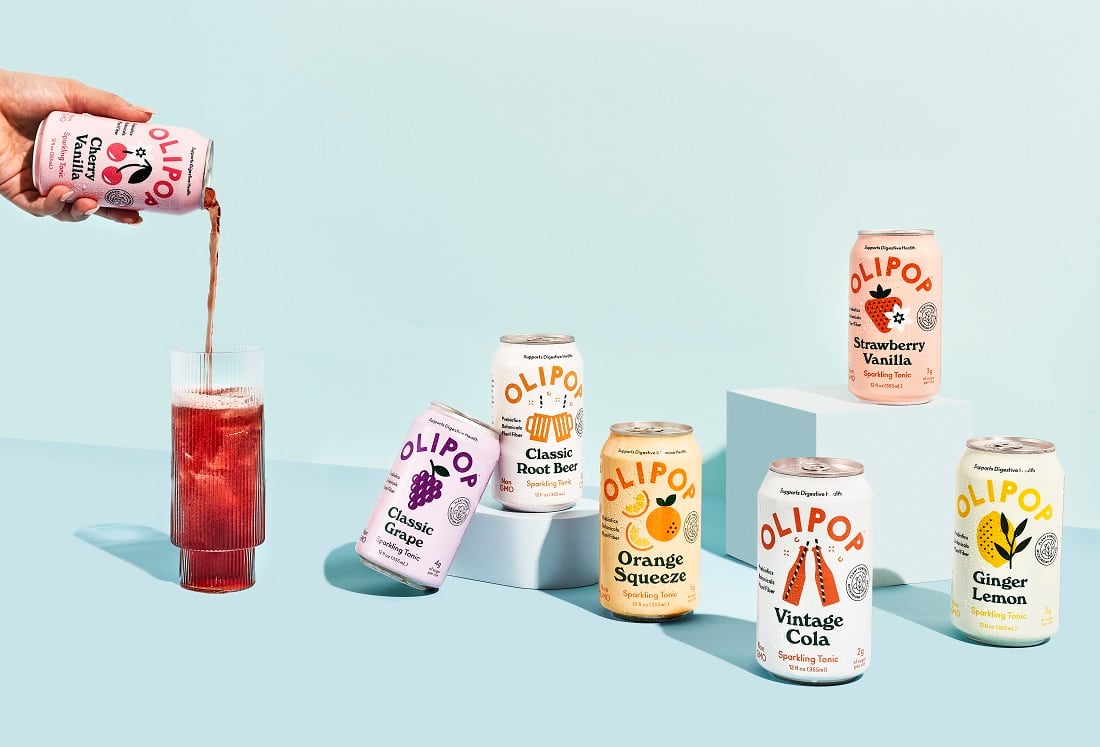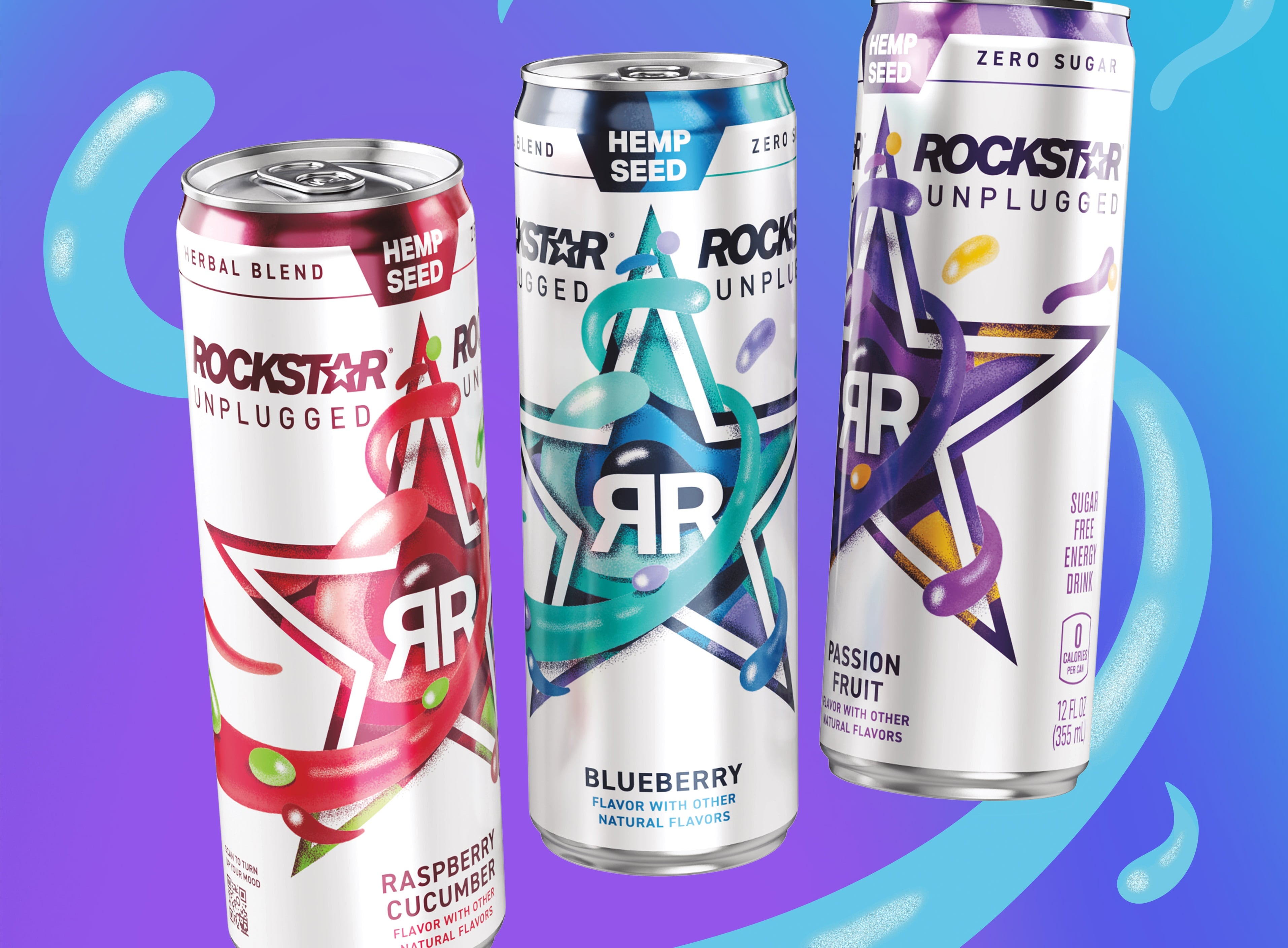Green Cola is about to celebrate its 10-year anniversary, first launching in its home market of Greece and then expanding to roughly 40 countries across Europe and the Middle East by 2016.
In 2019, the company started exploring the US market, which was much more expansive and competitive from a beverage category standpoint but presented a lot of opportunities for the company, said Manos Eleftheriou, managing director at Green Cola North America LLC, who worked for both Coca-Cola and PepsiCo in management positions during his career.
"The boundaries of what’s a juice, what’s a seltzer, or what’s a carbonated soft drink in the US are now so blurred that there is a lot of room for us to play in different categories and fulfill different needs," Eleftheriou told FoodNavigator-USA at the Natural Products Expo West Show in Anaheim, California, last week.
"The opportunity I believe is that the US consumer is sacrificing taste for health and wellness. Seltzer is great, but it’s very boring and there’s very little taste to it. The idea is to bring back those great memories that you have from a real soft drink but without any of the guilt."
Green Cola uses Reb M steviol glycosides to sweeten its product, caffeine from green coffee beans as well as natural flavors while being free from typical diet soda ingredients such as phosphoric acid, potassium benzoate, and citric acid.
"Our secret to success is that we spent more than two years trying to get the right mix of natural flavorings and stevia. We’re continually working with stevia suppliers to work with latest, best-tasting version of stevia," said Eleftheriou.
Since entering the US market in 2020, Green Cola has gained distribution at more than 1,300 stores in 17 states including Market Basket, Whole Foods Northeast, HEB, Stop and Shop, United Supermarkets, Meijer, Hannaford Supermarket, New Seasons, and HyVee. The brand is also sold nationally via Amazon and on Walmart.com.
"Ideally, when I talk to a retailer, I want to be in the soda aisle, not the specialty aisle. You can see that as soon as we go into the right place our velocities are 10x faster than anything else," noted Eleftheriou.
Demand for stevia-sweetened soda?
Launching a stevia-sweetened cola product isn't exactly uncharted territory, acknowledged Eleftheriou. Coca-Cola launched a hybrid stevia and cane sugar sweetened cola product, Coca Life, in 2014 which was pulled from the market three years after due to lackluster sales and higher demand for its other zero calorie product, Coca-Cola Zero.
"It was a half-baked solution. It was 50% stevia and 50% cane sugar, and still 100 calories and 15g of sugar per can, which sent a mixed messages to the consumer, and it failed internationally," said Eleftheriou.
So what makes Green Cola believe it can succeed where others have failed, or go up against players such as Zevia which generated $34.2m in net sales last year, up 23% from 2020?
"Zevia’s a good player and they've done a lot of work around educating the consumer about stevia. I actually believe we’re complementary to their portfolio -- they’re very strong in ginger ale and in root beer," said Eleftheriou, who claims that Green Cola offers a better cola product which more closely replicates the full cola experience down to the caramel color of the liquid (as opposed to Zevia's clear formula).
In addition to its original cola product, the company is focused on growing distribution for its orange, cherry, and lemonade SKUs, which Eleftheriou believes can become top performers in the zero-calorie soda set due to their full-flavor.
"For every can of cherry, we’ve got the equivalent of 8 cherries and for every can of lemonade we’ve got the equivalent of full lemon," he said.
US market push
The focus for Green Cola in 2022 is to push further into brick-and-mortar retail on a national level and to drive consumer trial while re-engaging a subset of consumers who haven't picked up a diet soda in over a decade, he added.
"Now that things are coming back to some normality, we need to start getting into some national retailers," said Eleftheriou, who noted the company is in the process of growing its DSD system to support large-scale growth.
"We’re putting a lot of investment in the US right now, but we need to start seeing some returns as we move forward."




